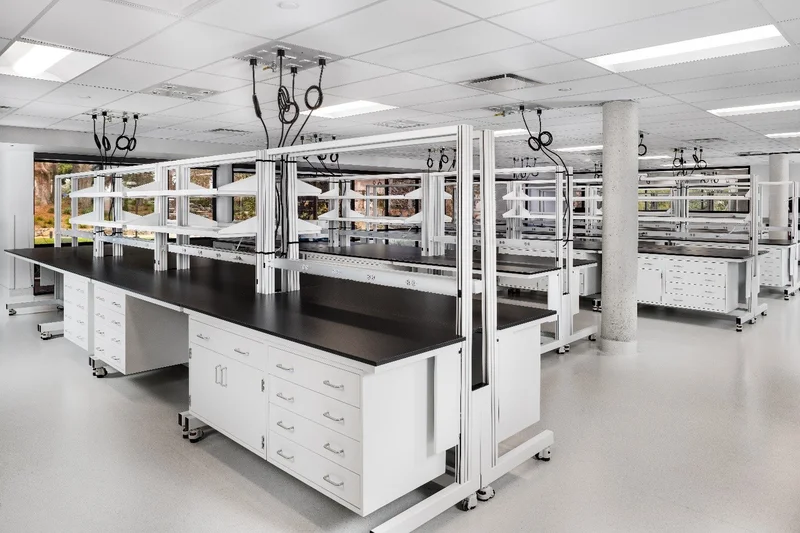Exact Sciences Acquisition: Abbott's Cancer Screening Play and Stock Realities
Alright, let's dissect this Abbott-Exact Sciences deal. $21 billion. That’s a hefty price tag, even in the inflated world of healthcare acquisitions. The headline screams "leadership in fast-growing cancer diagnostics," but my job is to look past the press release fluff.
The Allure of Early Detection
The core of Exact Sciences' value proposition, and what's clearly attracting Abbott, is early cancer detection. Cologuard, their flagship product, has already made inroads in colorectal cancer screening. And Cancerguard, a multi-cancer early detection blood test, is the shiny new toy they're dangling.
Here's the claim: Cancerguard detects 50 cancer types, even aggressive ones. Sounds impressive, right? But let's dig a little deeper. Detecting 50 types doesn't mean it's accurate at detecting all 50 types. Sensitivity and specificity are the names of the game here, and the press release is suspiciously silent on those crucial metrics. Without knowing the false positive and false negative rates for each cancer type, that "50 cancer types" number is practically meaningless. It's marketing, not medicine.
The press release states this deal "will be immediately accretive to Abbott's revenue growth and gross margin." Accretive is a key word here. It means Abbott expects Exact Sciences to boost their bottom line, not just add to their top-line revenue. Exact Sciences is projected to generate more than $3 billion in revenue this year, with a high teens organic sales growth rate. The question is, can they sustain that growth? And at what cost?
Organic growth is sales growth a company achieves through its own activities, rather than through buying other companies.
The Competition Heats Up
And this is the part of the report that I find genuinely puzzling. The cancer diagnostics market isn't exactly a greenfield opportunity. Companies like Grail (owned by Illumina) and Freenome are also vying for dominance in the multi-cancer early detection space. Grail's Galleri test is already on the market, and Freenome is rapidly advancing its own platform. What makes Abbott think Exact Sciences has a defensible advantage?

Perhaps it’s the existing market penetration of Cologuard. Maybe Abbott believes they can leverage their existing distribution network to cross-sell Cancerguard to Cologuard users. That's a plausible scenario, but it hinges on two things: first, Cancerguard has to be clinically validated (those sensitivity and specificity numbers matter!), and second, physicians need to be convinced that it's worth recommending to their patients.
Consider this: Exact Sciences' Oncodetect test identifies molecular residual disease (MRD) to help assess the risk of recurrence and guide follow-up care. MRD testing is a promising area, but it's also incredibly complex. The science is still evolving, and the clinical utility of MRD tests is still being debated. Is Abbott betting on a technology that's not quite ready for prime time?
Under the terms of the agreement, Exact Sciences shareholders will receive $105 per common share, representing a total equity value of approximately $21 billion and an estimated enterprise value of $23 billion. The estimated $1.8 billion of net debt is something that Abbott will absorb.
Let's think about the leadership structure. Kevin Conroy, chairman and chief executive officer, Exact Sciences will remain with the company in an advisory role to support the transition into Abbott and accelerate its global impact in helping to eradicate cancer worldwide. That transition period is key.
What happens when Conroy steps away? Will Exact Sciences maintain its innovative edge, or will it become just another cog in the Abbott machine?
The Numbers Don't Lie... Mostly
Here's my take: Abbott is betting big on the future of cancer diagnostics. They're paying a premium for Exact Sciences' existing market share and their pipeline of new tests. But the success of this acquisition hinges on factors that are largely outside of Abbott's control. Can Exact Sciences deliver on the promise of early cancer detection? Will physicians and patients embrace their new tests? And can they fend off the competition in an increasingly crowded market? Only time—and rigorous clinical data—will tell.
